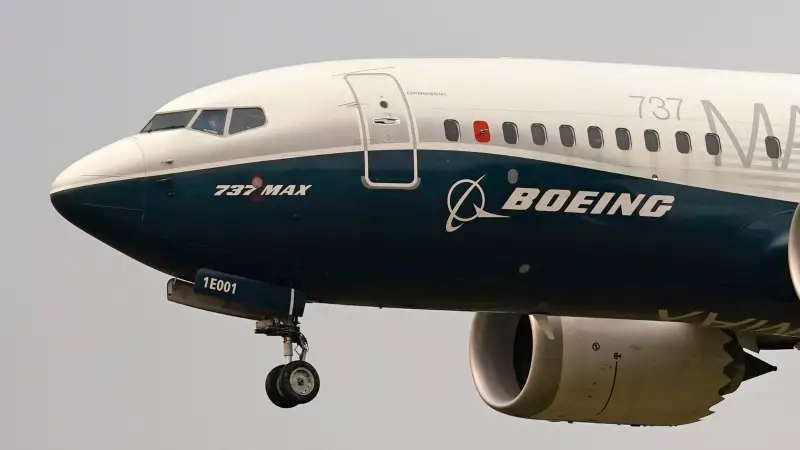
In a significant diplomatic and economic maneuver, the Trump administration has unveiled substantial commercial aircraft agreements between Boeing and several Central Asian nations, signaling strengthened American engagement in the region traditionally dominated by Russian influence.
Strategic Aviation Partnerships Take Flight
The administration confirmed that Kazakhstan's Air Astana has committed to purchasing thirty 737 MAX airliners, while Uzbekistan Airways has ordered both wide-body and narrow-body aircraft from Boeing's prestigious lineup. These deals represent a major victory for American aerospace exports and come amid growing competition between global powers for influence in Central Asia.
Countering Regional Rivals
These agreements emerge as Washington seeks to counterbalance Moscow's historical dominance in Central Asian aviation markets. For decades, Russian aircraft manufacturers have maintained strong footholds across former Soviet republics, making Boeing's breakthrough particularly noteworthy for US diplomatic and commercial interests.
Economic and Diplomatic Implications
The aircraft sales carry substantial economic weight, potentially reaching billions of dollars and supporting thousands of American manufacturing jobs. More importantly, they symbolize deepening ties between the United States and Central Asian nations at a time of shifting global alliances.
Key aspects of these landmark deals include:
- Enhanced connectivity between Central Asia and global destinations
- Modernization of aging airline fleets in the region
- Strengthened US commercial presence in strategic markets
- Potential for follow-on maintenance and training contracts
A New Era in US-Central Asia Relations
These Boeing agreements represent more than mere commercial transactions—they signify a recalibration of geopolitical relationships in a region increasingly courted by multiple global powers. The timing suggests coordinated diplomatic efforts by the Trump administration to expand American influence through economic partnerships.
The successful negotiation of these deals demonstrates how commercial diplomacy can serve broader strategic objectives, creating lasting economic interdependencies while advancing national interests in crucial regions.






